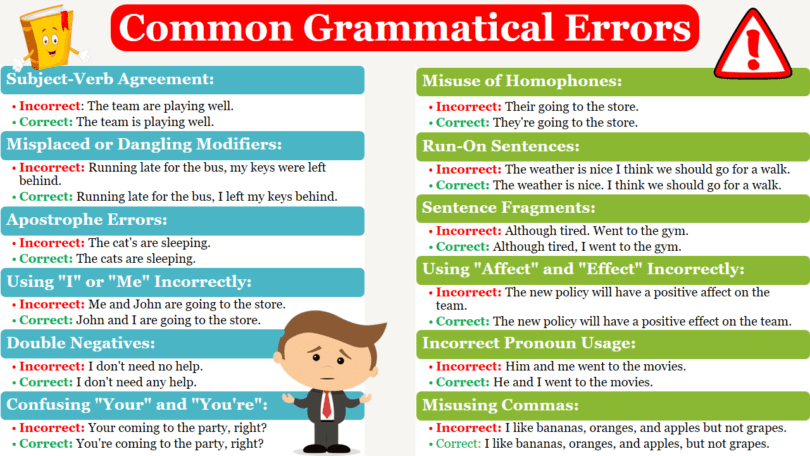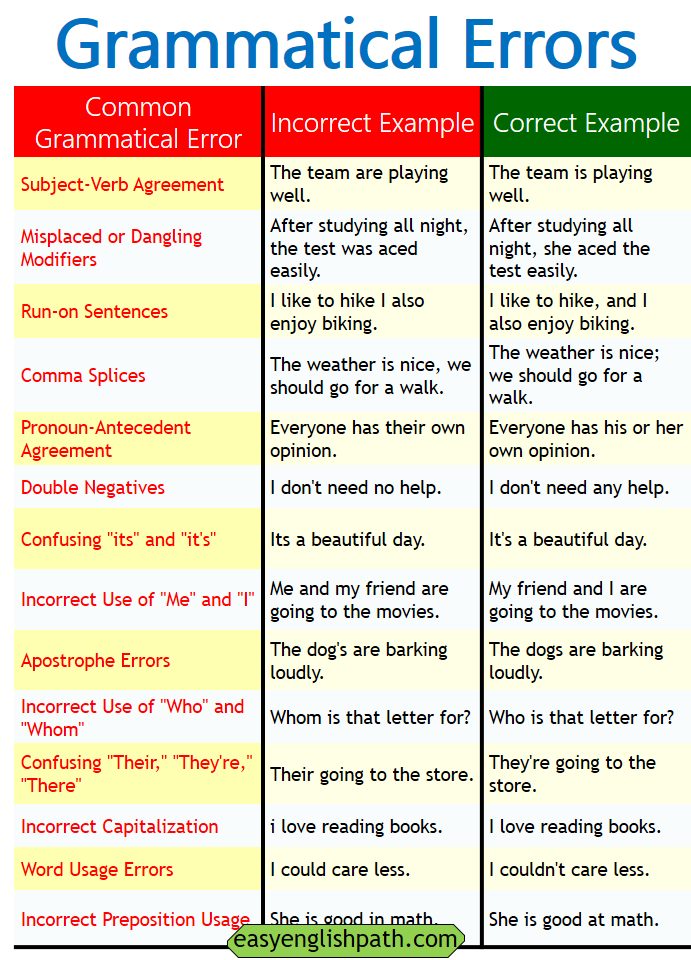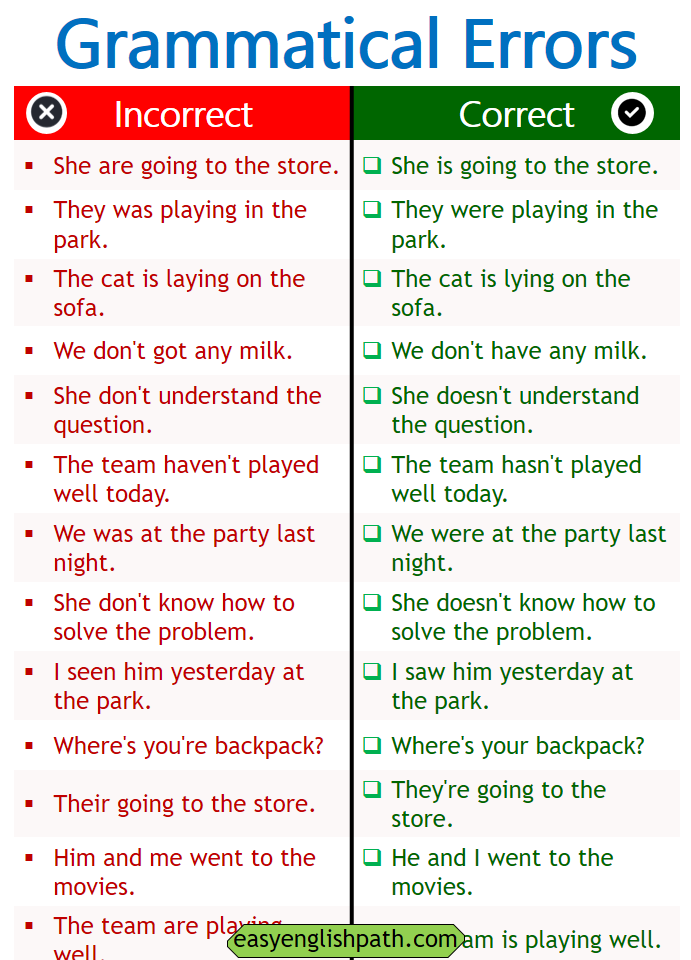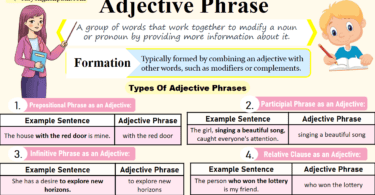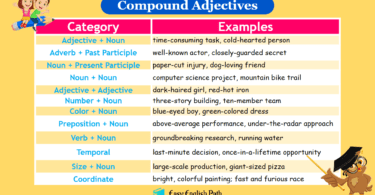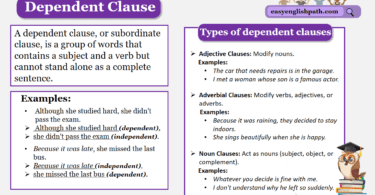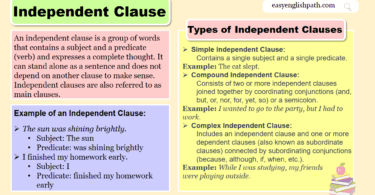Good grammar helps people understand our writing better. Even with tools like Grammarly, we still make common mistakes, like using words that sound alike but have different meanings, or misplacing punctuation. Fixing these errors makes our writing clearer. In this blog, we’ll discuss common grammatical mistakes and learn how to improve our writing.
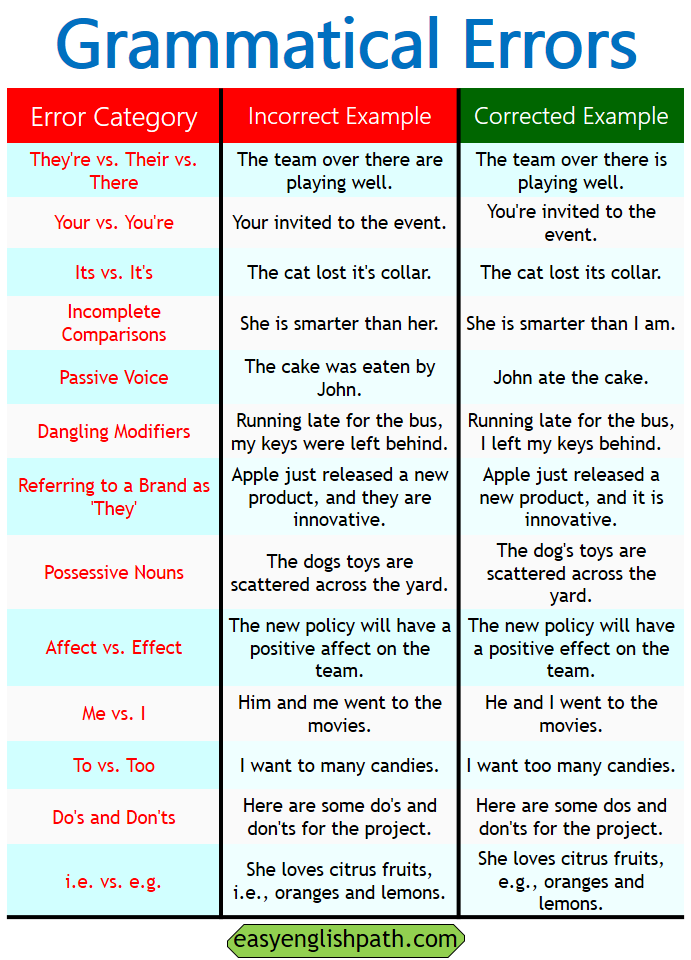
What is a grammar Mistake?
A grammar mistake is an error in how we use words and sentences when we write or speak. This can include using the wrong word, incorrect punctuation, or improper sentence structure. Fixing these mistakes helps make our communication clear and easy to understand.
Types of Grammatical Errors:
- Subject-verb agreement errors
- Misplaced modifiers
- Run-on sentences
- Sentence fragments
- Pronoun-antecedent agreement errors
- Double negatives
- Apostrophe misuse
- Comma splice
- Dangling modifiers
- Incorrect verb tense
Subject-verb agreement errors:
Subject-verb agreement means that the subject and the verb in a sentence must match in number. In other words, if the subject is singular, the verb should be singular, and if the subject is plural, the verb should be plural.
- Incorrect: She don’t like pizza.
In this sentence, She is singular, but the verb don’t is plural. To fix this, we need to make the verb match the subject: - Correct: She doesn’t like pizza.
Now, both the subject She and the verb don’t are singular.
Misplaced modifiers:
Imagine you have a sentence with a word or phrase that’s in the wrong place, and it makes the meaning confusing. That’s what we call a misplaced modifier.
- Incorrect:
Running down the street, my hat flew off in the wind.
In this sentence, it sounds like the hat is running down the street because the phrase Running down the street is next to my hat. However, I’m pretty sure it’s the person who’s running, not the hat. To fix it, we can move the modifier (the describing part) to the right place:
- Correct: My hat flew off in the wind as I was running down the street.
Now it’s clear that the person is running, and the hat is flying off separately. So, a misplaced modifier is like when words are not in the right order, and it makes the sentence a bit confusing.
Run-on Sentences:
A run-on sentence happens when two or more ideas are combined in a single sentence without proper punctuation.
- Incorrect: I like to play basketball my friend prefers soccer.
In this example, two separate ideas are joined without proper punctuation. It’s a run-on sentence.
- Correct: I like to play basketball. My friend prefers soccer.
OR
I like to play basketball, but my friend prefers soccer.
Sentence fragments:
A sentence fragment is a piece of a sentence that’s not complete. It’s like having part of an idea but not the whole thing.
- Complete sentence: I went to the store.
- Fragment: Went to the store.
Pronoun-antecedent agreement errors:
The pronoun-antecedent agreement is like making sure that the words match up correctly in a sentence. A pronoun is a word like he, she, it, or they, and it stands in the place of a noun, which is a person, place, thing, or idea.
Now, the antecedent is the word that the pronoun refers to. So, pronoun-antecedent agreement means the pronoun has to agree with its antecedent in terms of number (singular or plural) and gender (if applicable).
- Incorrect: Each of the students brought their lunch.
In this sentence, each is singular, but their is plural. It’s like saying, Each student brought their lunch. The correct sentence would be:
- Correct: Each of the students brought his or her lunch.
Now, it matches because each is singular, and his or her is also singular. This way, the pronoun agrees with its antecedent.
Double Negatives:
Double negatives happen when two negative words are used in the same sentence, they cancel each other out and create a positive meaning. It’s a common mistake in English.
- Incorrect: I don’t need any help.
Correct: I don’t need any help. - Incorrect: She didn’t say anything.
Correct: She didn’t say anything. - Incorrect: I can’t find my keys anywhere.
Correct: I can’t find my keys anywhere.
Apostrophe Misuse:
Apostrophe misuse happens when people use apostrophes incorrectly in writing.
- Incorrect: The cat’s are playing in the yard.
Correct: The cats are playing in the yard. - Incorrect: I don’t know what for dinner.
Correct: I don’t know what’s for dinner.
Comma splice:
A comma splice is a mistake that happens when two complete sentences (independent clauses) are joined together with just a comma, instead of using a proper connecting word or punctuation.
- Incorrect: I like to read, I also enjoy watching movies.
Here, I like to read and I also enjoy watching movies are complete sentences. They are wrongly joined by a comma. To fix this, you can use a conjunction or separate them into two sentences: - Correct: I like to read, and I also enjoy watching movies.
OR
I like to read. I also enjoy watching movies.
Dangling Modifiers:
A dangling modifier is a word or phrase that’s not properly connected to the thing it’s supposed to describe in a sentence.
- Incorrect: Walking down the street, the flowers looked beautiful.
In this sentence, it sounds like the flowers are walking down the street because the Walking down the street part is not correctly connected to a person or thing.
- Correct: Walking down the street, she saw that the flowers looked beautiful.
Now, it’s clear that she is the one walking down the street, and the flowers are what she sees as beautiful.
Incorrect verb tense:
Verb tense tells us when an action happened. Using the wrong tense can make sentences confusing.
Past Tense when it should be Present:
Incorrect: Yesterday, I eats pizza.
Correct: Yesterday, I ate pizza.
Present Tense when it should be Past:
Incorrect: Last week, she is at the park.
Correct: Last week, she was at the park.
Future Tense when it should be Present:
Incorrect: Tomorrow, he will play video games.
Correct: Tomorrow, he will play video games.
Errors and Corrections:
1.
Incorrect: The team are working hard on the project.
Correct: The team is working hard on the project.
2.
Incorrect: She almost drove her kids to school every day.
Correct: She drove her kids to school almost every day.
3.
Incorrect: I like pizza I could eat it every day.
Correct: I like pizza. I could eat it every day.
4.
Incorrect: Hiking in the mountains, the view was breathtaking.
Correct: Hiking in the mountains, I found the view breathtaking.
5.
Incorrect: Hiking in the mountains, the view was breathtaking.
Correct: Hiking in the mountains, I found the view breathtaking.
6.
Incorrect: She likes reading, swimming, and to hike.
Correct: She likes reading, swimming, and hiking.
7.
Incorrect: I don’t need no help.
Correct: I don’t need any help.
8.
Incorrect: I brought my new shoes to the beach.
Correct: I bought my new shoes for the beach.
9.
Incorrect: Its a beautiful day.
Correct: It’s a beautiful day.
10.
Incorrect: Although it was raining.
Correct: Although it was raining, we decided to go for a walk.
You May Also Like

